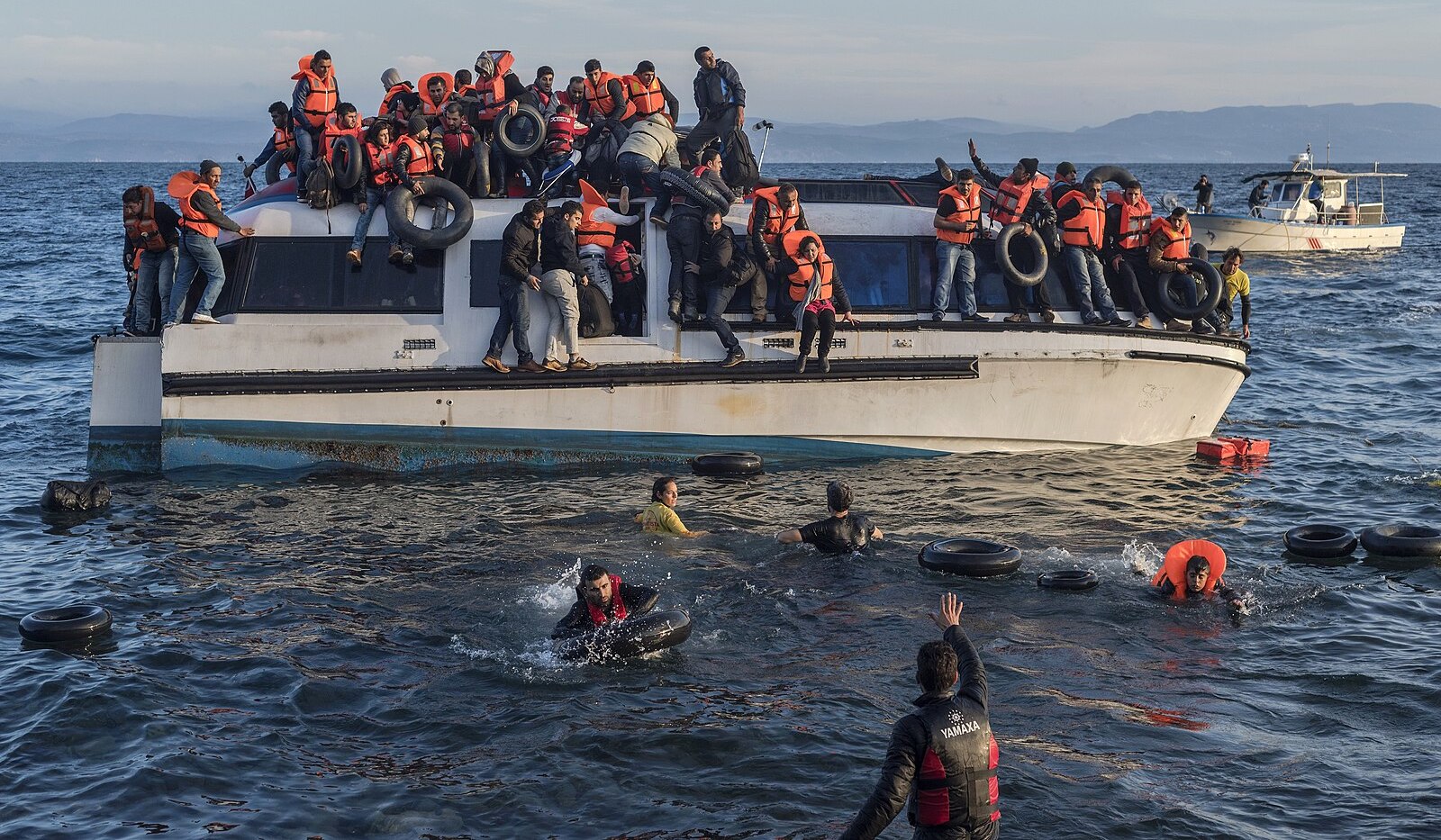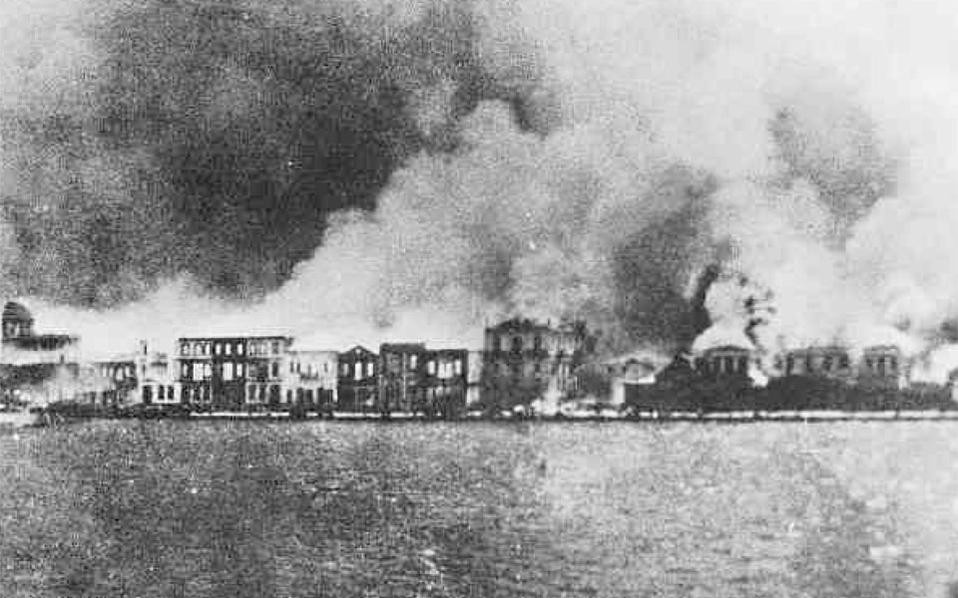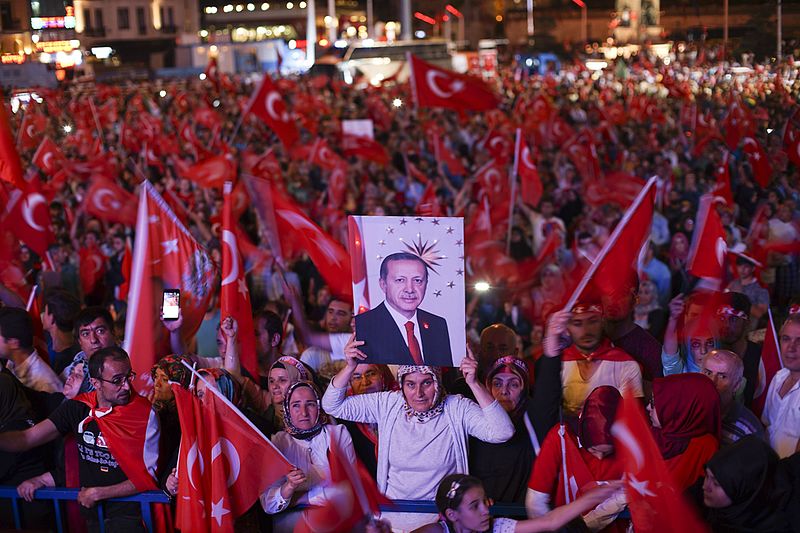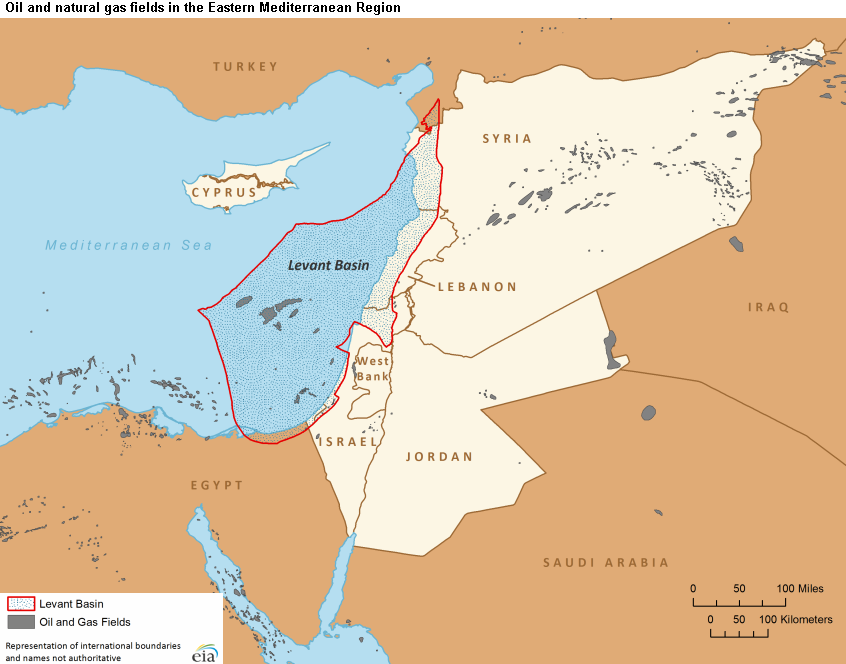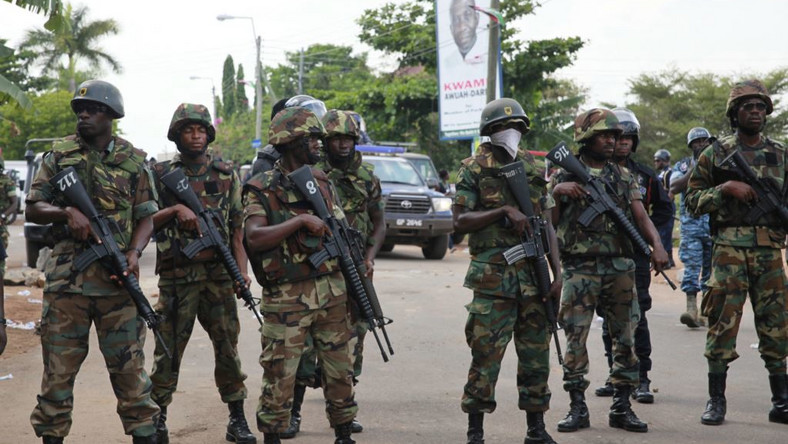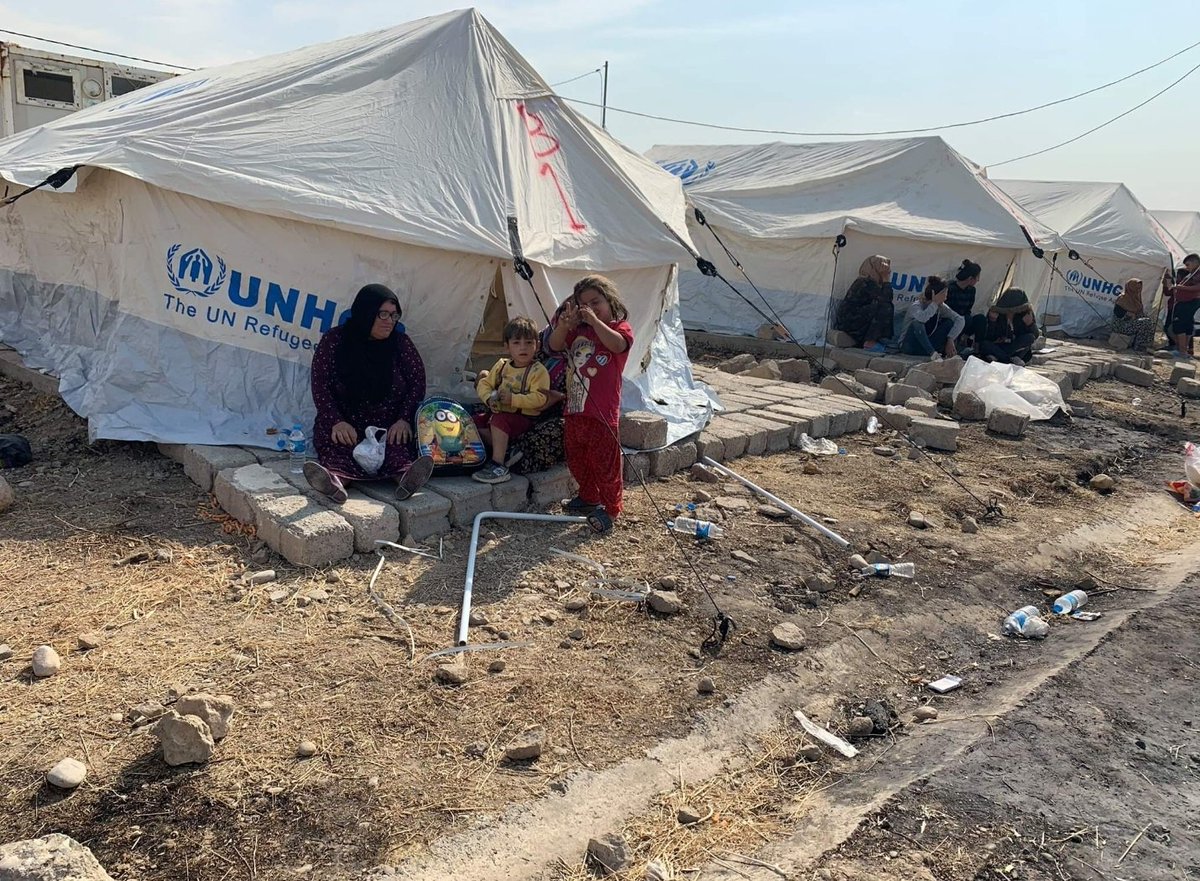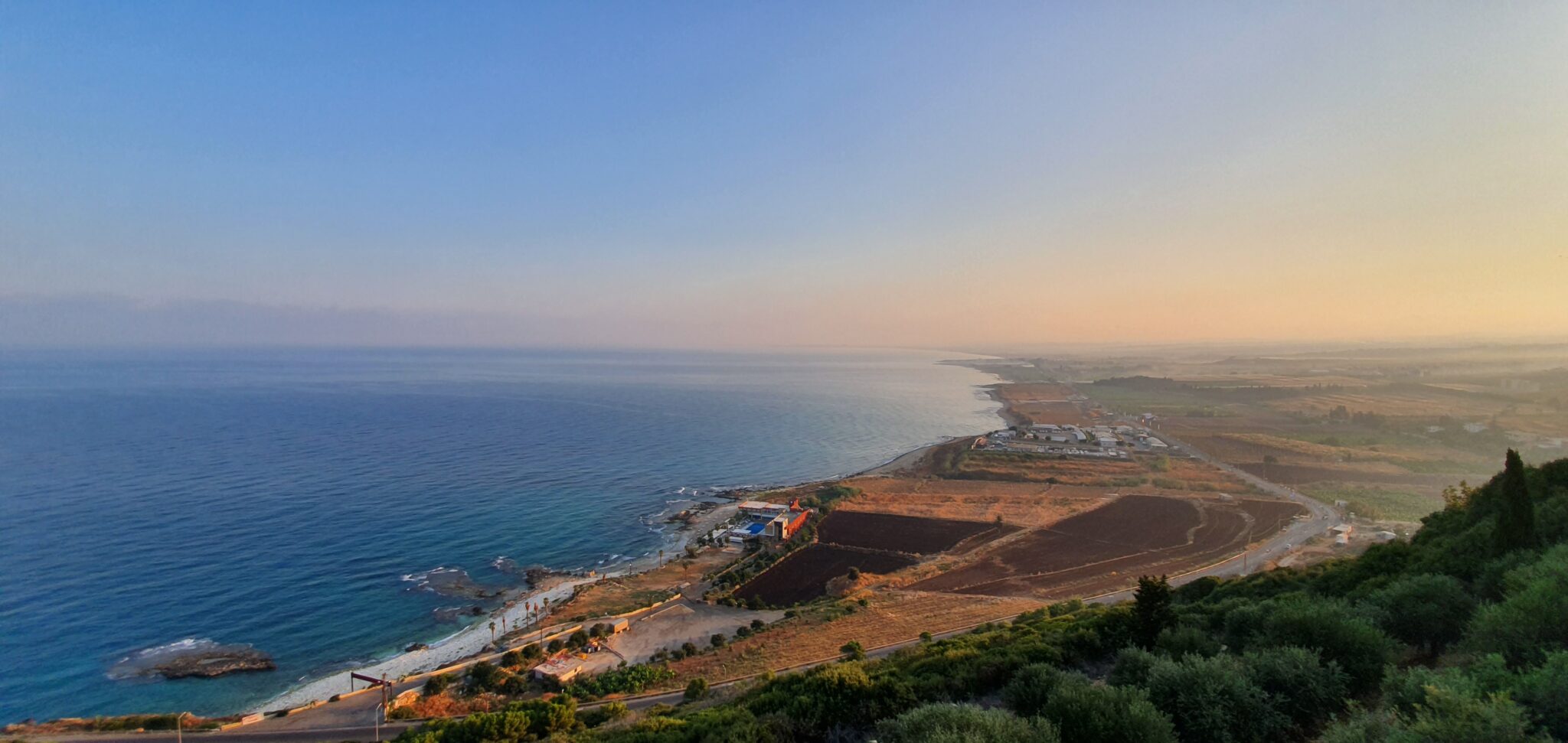
Lebanon, Cyprus violate rights of Syrian refugees: HRW
Human Rights Watch (HRW) accused Lebanon and Cyprus of violating the human rights of Syrian refugees with indirect financial support from the European Union. In a new report, HRW details how both countries have intercepted and forcibly returned refugees to Syria in a coordinated effort to prevent them from seeking asylum in Europe. According to the rights organization, Syrian refugees who tried to leave Lebanon by boat were intercepted by the Lebanese army and then expelled to Syria. Meanwhile, the Cypriot Coast Guard intercepted refugees who managed to reach Cyprus, sending them back to Lebanon, where they often faced immediate deportation to Syria. (Photo of Lebanon coast via Wikimedia Commons)



